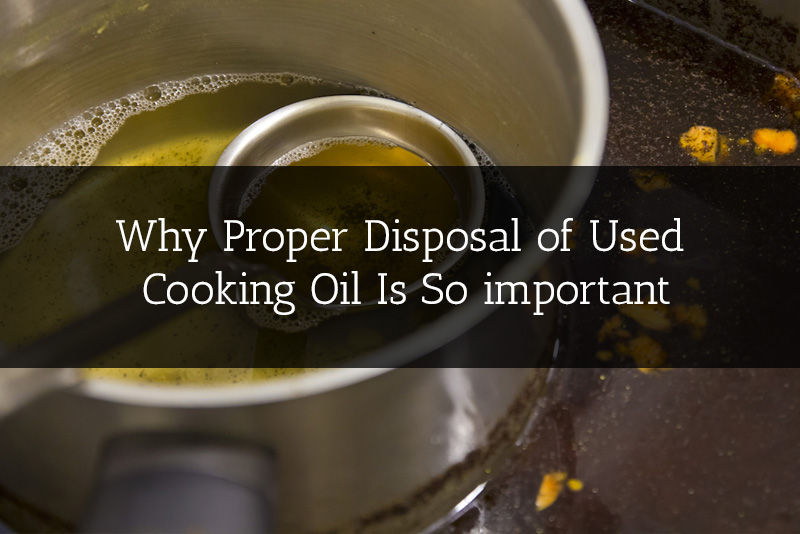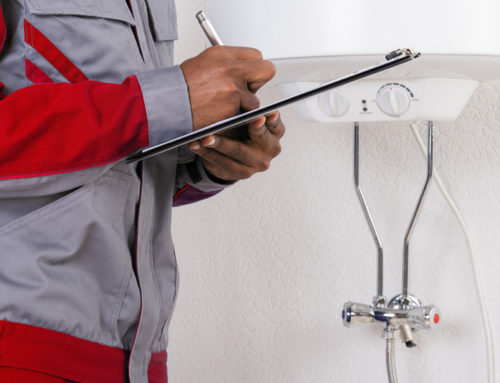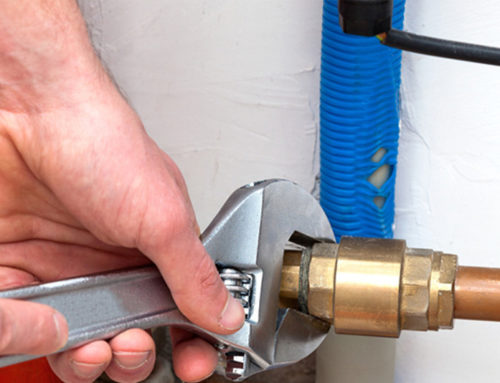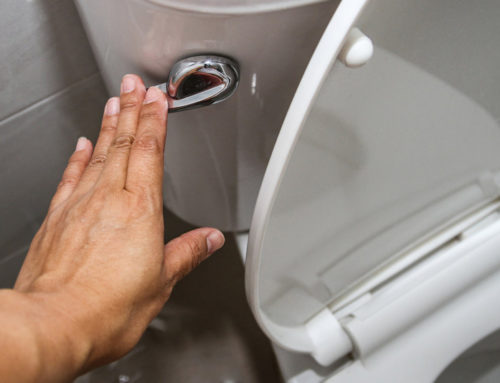When we think of disposing used cooking oil, it is not just your home you need to worry about but Improperly disposing of cooking oil and fats can affect other homes, businesses, and your environment. It can cause sewage backups and overflowing sewers. Disposing of cooking oil down your drain contributes to sewer clogs from fats, oils and grease. these substances over time can build-up and eventually block your home’s sewer lines. The outcome is you could be dealing with a widespread blockage in your home’s sewer lines and very costly repair bills.
In serious cases, blockages can be caused in local connecting sewer lines. Sewage backups can occur in homes and businesses throughout your area as the capacity to collect wastewater is reduced. Sewers can also overflow onto roads, and properties that will eventually work its way into local waterways and cause contamination. The repairs and clean-up of these backups could eventually impact consumers as a way of higher water and sewage bills.
How to dispose of your cooking oil safely
While, it’s very tempting and easier when you’re busy in the kitchen to pour your used cooking oil down your sink… don’t do it! This is the one of the worst ways to dispose of it. Rather, allow the oil to cool down and turn solid. Once solidified, you can dispose of it into your trash. If you not able to wait for the oil to solidify, pour it into a disposable container and throw the container away.
While throwing your used cooking oil in the bin is better than pouring it down your drain, it’s still not great for the environment. Choosing to recycle your cooking oil will help reduce waste in landfills and will allow the oil to be reused for other purposes.
Clogs can happen, even with taking steps to dispose of your used cooking oil properly. And when they do, Trojan Plumbing is ready to assist you anytime. To make an appointment contact us here.






